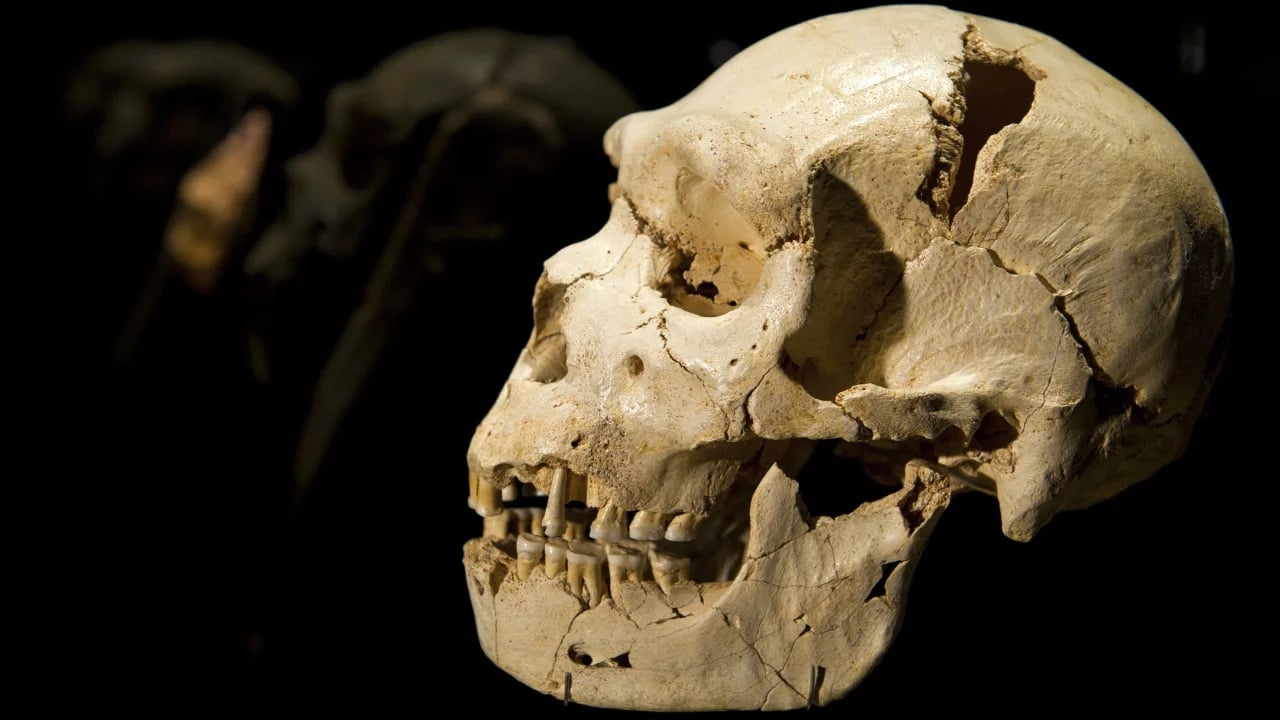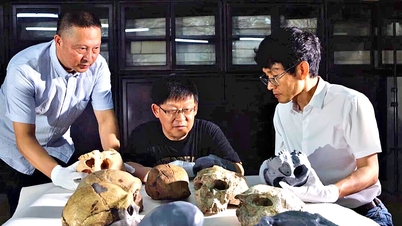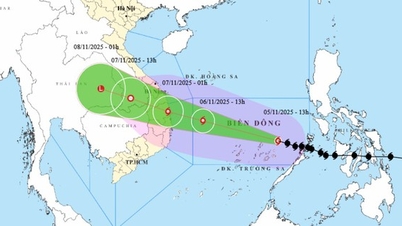The analysis, published August 31 in the journal Science, is based on a new computer model developed by a team of scientists based in China, Italy and the United States.

The skull and lower jaw of Homo heidelbergensis, an ancient human species that lived about 500,000 years ago. Photo: Reuters
The statistical method used genetic information from 3,154 human genomes from the present day. According to the study, about 98.7% of human ancestors have been lost. The researchers argue that the population decline is related to gaps in the fossil record.
“This new discovery opens up a new area in human evolution because it raises many questions, such as where these individuals lived, how they survived catastrophic climate changes, and whether natural selection during the bottleneck period accelerated the evolution of the human brain,” said author Yi-Hsuan Pan, of East China Normal University, in a statement.
The researchers suggest that the population bottleneck coincided with dramatic changes in climate during a period known as the Pleistocene transition. Ice ages became longer and more intense, leading to cooler temperatures and very dry conditions.
Scientists believe that the control of fire as well as climate change more suitable for human life may have contributed to the rapid population growth that followed around 813,000 years ago.
The authors note that the earliest evidence of fire use to cook food dates back 780,000 years to the area that is now Israel.
Ancient DNA has revolutionized our understanding of past human populations, with the oldest human DNA dating back to around 400,000 years ago.
The computer model uses the vast amount of information contained in modern human genomes about genetic change over time to infer population sizes at specific points in the past. The team used genetic sequences from 10 African and 40 non-African populations.
Mai Anh (according to CNN)
Source






![[Photo] Opening of the 14th Conference of the 13th Party Central Committee](https://vphoto.vietnam.vn/thumb/1200x675/vietnam/resource/IMAGE/2025/11/05/1762310995216_a5-bnd-5742-5255-jpg.webp)






























![[Photo] Panorama of the Patriotic Emulation Congress of Nhan Dan Newspaper for the period 2025-2030](https://vphoto.vietnam.vn/thumb/1200x675/vietnam/resource/IMAGE/2025/11/04/1762252775462_ndo_br_dhthiduayeuncbaond-6125-jpg.webp)










































































Comment (0)